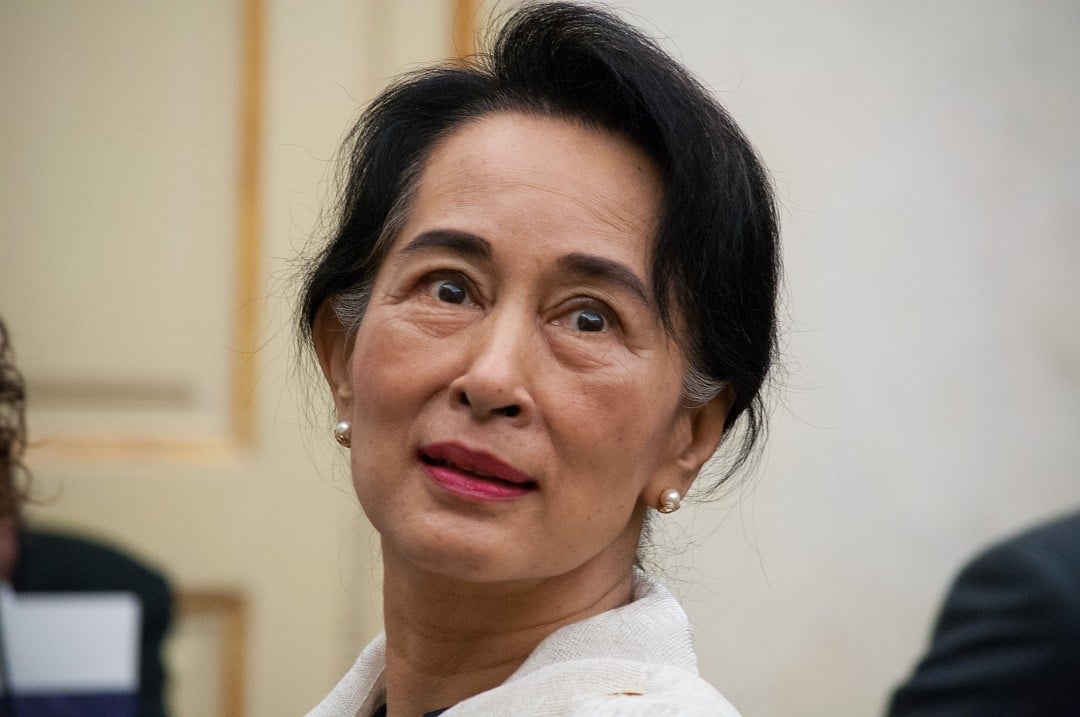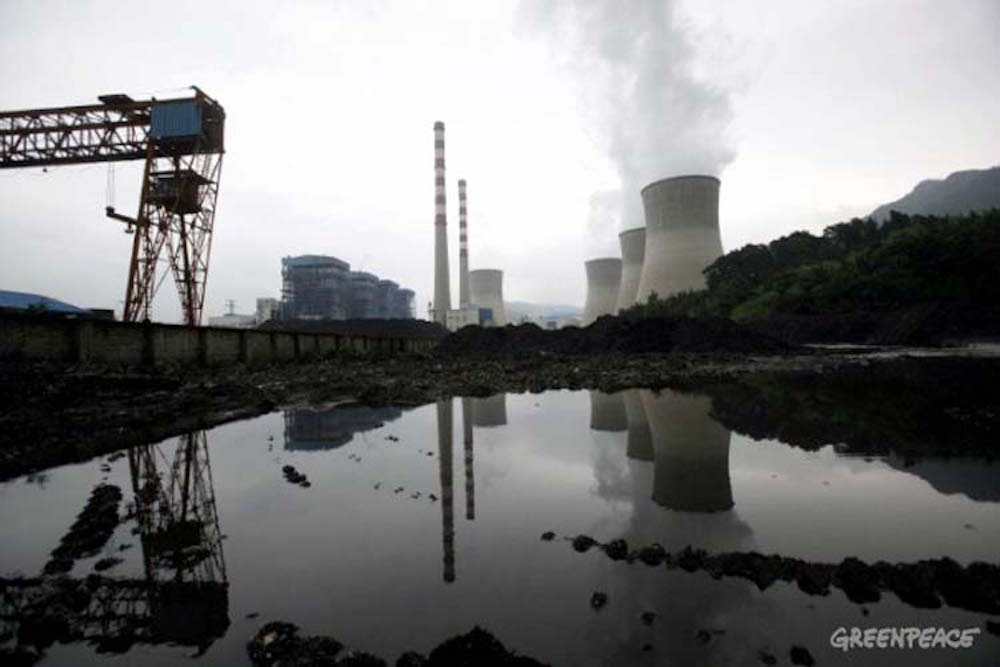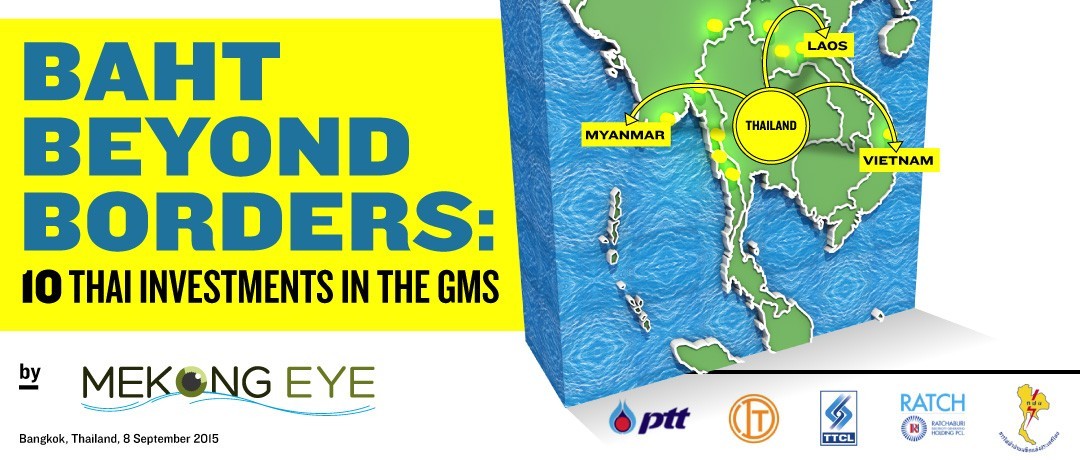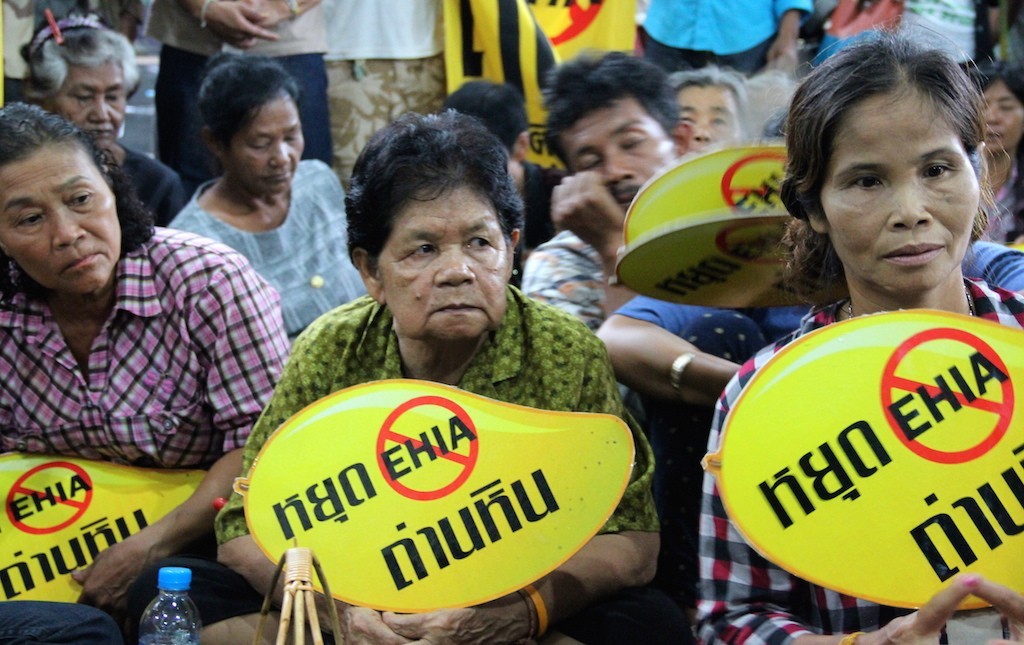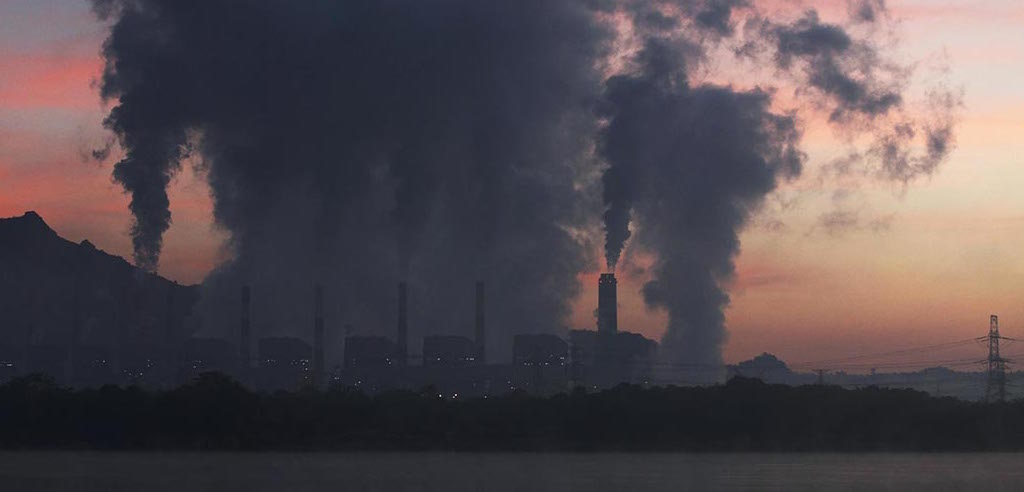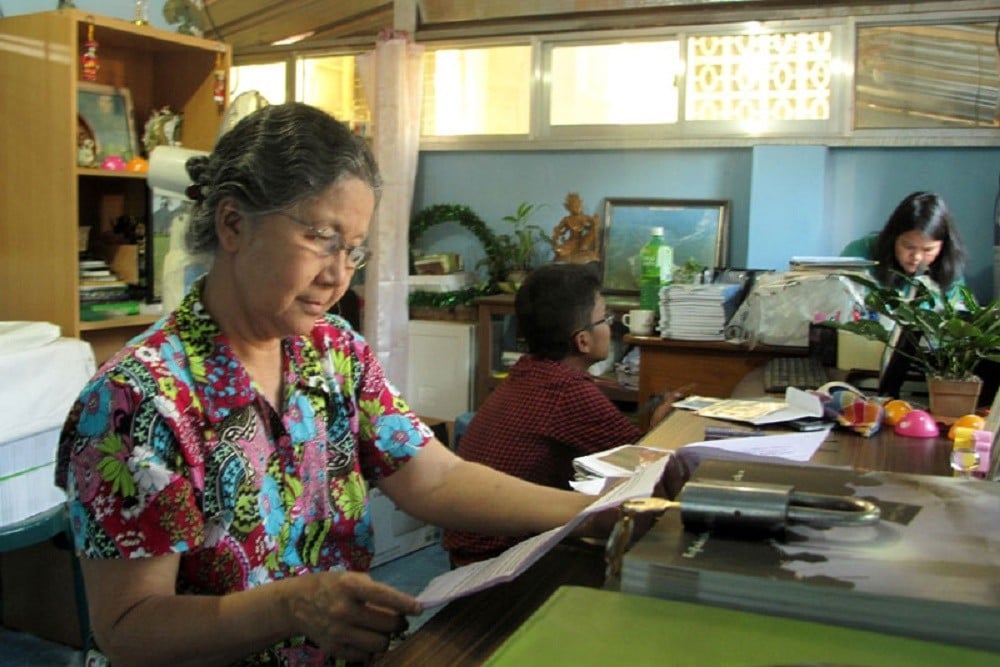Myanmar’s new government is set to mushroom coal’s share of its energy mix, despite manifesto pledges to boost clean energy and cut air pollution.
The National League of Democracy (NLD) took power last Wednesday, formally ending nearly five decades of oppressive military junta.
Aung San Suu Kyi’s party will stick to existing targets to increase coal-fired power from 2% to 30% within 15 years, as it expands energy access in a country with one of the world’s lowest electrification rates.


